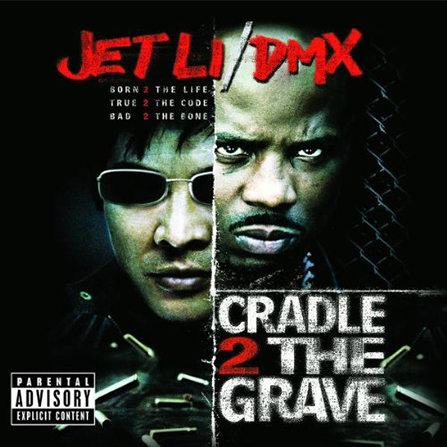Interview - Let's talk with John Frizzell
By Mulder, Los Angeles, 16 september 2016
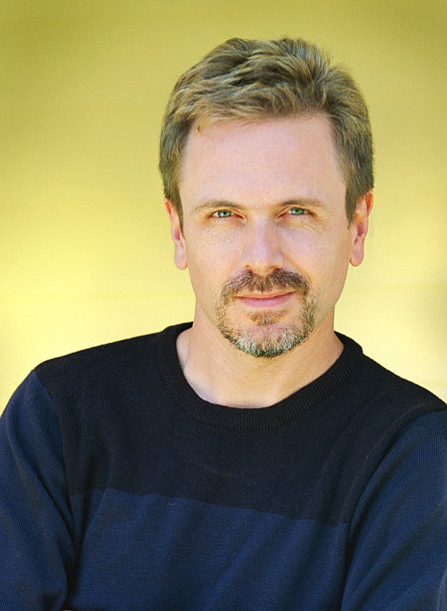
Q: What is your musical background?
John Frizzell : I’ve never done anything else. I guess, its all I know how to do. I started singing as a kid and did some opera’s. I sang in the chorus with the Met and Paris Opera Company’s until my voice changed. Then I started playing guitar. First rock, then jazz. I went to USC and then Manhattan School of Music. I became friends with Joe Pass and studied some with him. That’s how I learned I was a composer, not a performer. He made it very clear to me I wasn’t going to be a ‘great’ guitarist, and he was right. I started scoring tv commercials and eventually started getting known as the guy to hire to get a commercial to sound like a film. Then I worked under Ryuichi Sakamoto on a mini series Oliver Stone made called Wild Palms. That’s when I knew I had to score films. I basically bugged James Newton Howard until he let me work for him and he taught me so much. Jame’s gave me me first big jobs and launched my career for me.
Q: You have worked with the French director Jean Pierre Jeunet on Alien Resurrection. What Kind of memory do you keep from this collaboration ?
John Frizzell : Great memories. Fun times. At the time, Jean Pierre didn’t speak much english (and I speak almost no French) so we pretty much worked with facial expressions and thumbs up and thumbs down. The underwater scene in that film really challenged me. I wrote the whole thing many times.
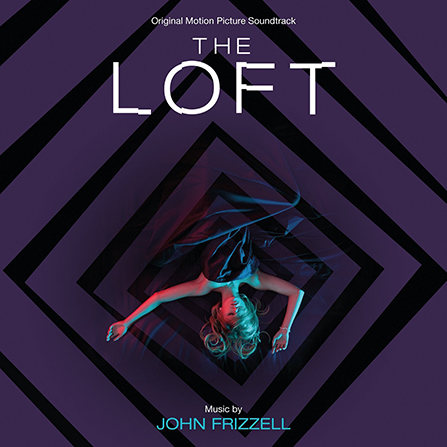
Q: What is for you the best memory working with a director on a movie ?
John Frizzell : I really enjoyed the films I have done for Mark Rydell. Mark is a musician so he could bridge the gap between the emotion and musical direction. I scored the film James Dean a few months after both my parents died and I was a mess. Mark came to me and asked me if I would put all that pain into this film. He said he had this amazing new guy named James Franco playing James Dean. Franco won the Golden Globe. It was a great experience.
Q: As A composer you have worked on films as Beavis and Butt-Head Do America (1996), Dante’sPeak (1997),
Alien: Resurrection (1997), Thirteen Ghosts (2001), Ghost Ship (2002), Cradle 2 the Grave (2003), The Woods(2006), Legion (2010), Texas Chainsaw 3D (2013). How do you choose your projects?
John Frizzell : I think the films choose me. The most important thing in my career is the people I work with. Joel Silver, Mike Judge, Kevin Williamson, the team at Screen Gems, these key relationships are most of my career. I’m always excited to work with my core relationships. Other projects are hit and miss. The best part of film making is getting in with a team you are comfortable with, that will let me take chances and allow me to fail from time to time while I experiment my way to the best creative solution. So it isn’t so much about the individual projects as it is about the long term relationship.
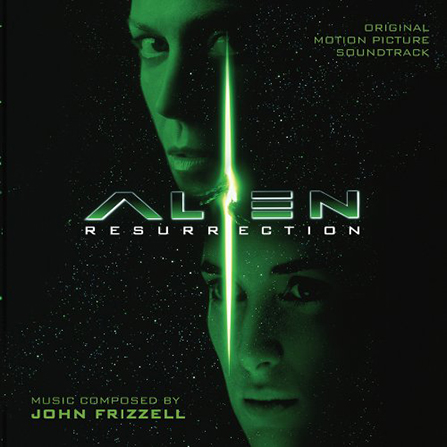
Q : To you, why music is so important in a film?
John Frizzell : Simple. Music is, and probably always has been an essential part of story telling. I would bet it all that when the first stories were told, when language first began, someone hit a couple of rocks together to add a bit of drama to it all. That’s this job in its current form. And it will evolve into future forms. Stories are social glue and I am almost certain society would not exist without stories and mythology.
Q: What do you like in working on horror movies scores ?
John Frizzell : They reminds me of my childhood. Hah… Actually, horror allows a composer to go all out and explore the oddest of the odd, the most dissonant of the dissonant, the edge of what is even music. So, it is a highly creative type of score to write.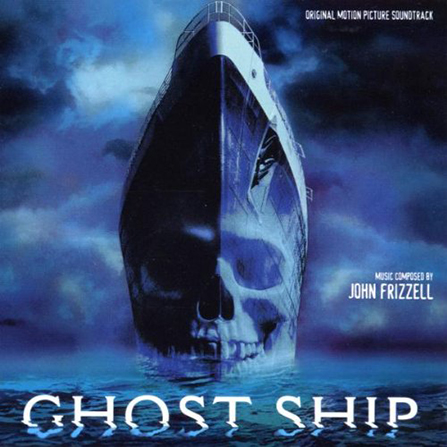
Q: In which studio do you prefer to record your scores and why ?
John Frizzell : So often now, the city we are recording in is determined by the structure of the budget and tax breaks associated with the film. But all things being equal my favorite room I’ve ever worked in is probably Air Lyndhurst
Q: Which composers are for you a source of inspiration ?
John Frizzell : Too many to list! But let’s just do the film composers. Jerry Goldsmith, Elmer Bernstein, John Wiliams, Ennio Morricone, James Newton Howard, Harry Greyson Williams, John Powell.. wow.. I am missing so many. But those guys are amazing. I listen to all sorts of music. Country, bluegrass, rock… whatever I find. I don’t listen to that much film music these days. In 2014 I decided to only listen to The Beatles for a whole year and learn as many parts as I could. That was a good decision.
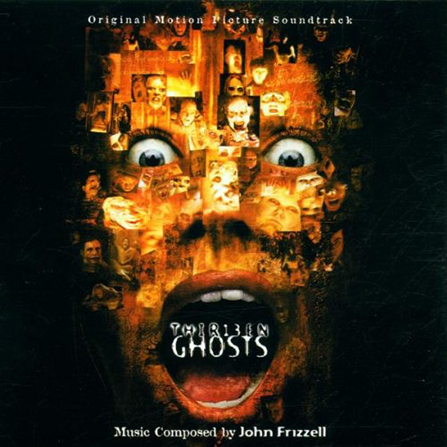
Q: What are for you the main differences to work on series and on films?
John Frizzell : Pace. I love the TV pace. I like getting up everyday and having a list of scenes to work through. Composing is my favorite part of this job. I do the other stuff but love to dig into a big cue. So working on a show like The Following was amazing. It was like scoring 45 Kevin Bacon movies.
Q: What do you like about the process of film scoring?
John Frizzell : There’s still always a thrill of hearing a great orchestra play a cue. Clearly film music in general is less orchestral these days than it was a decade or two ago. But things always change and I’m optimistic that the orchestra will remain key to film. Trends will come and go. But great scores will just be great scores in spite or without any regard to trends.
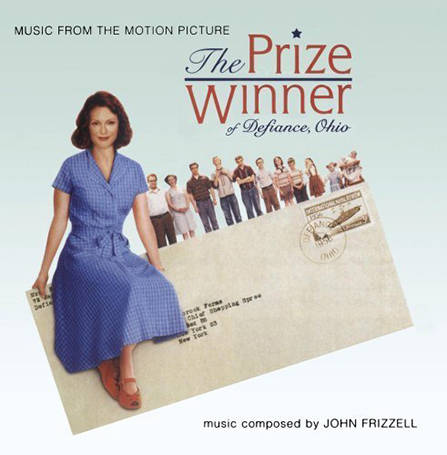
Q: Which American directors would you like to work with and why?
John Frizzell : Hmm.. just American. OK. I love what Shane Black does. And I love what Ben Affleck does. I’m a big fan of James Wan’s work too.
Q: What are your current project (s) ?
John Frizzell : Conviction is a new series on ABC. I’m also scoring Leatherface a prequel to The Texas Chainsaw Massacre.
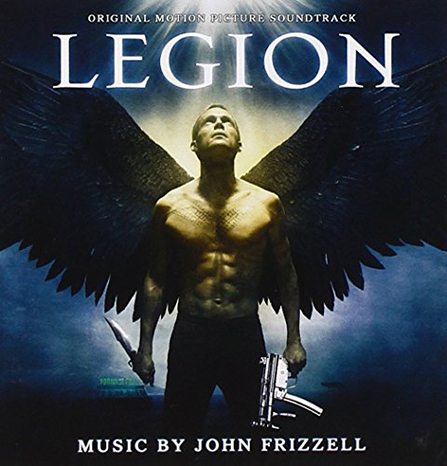
Q: What kind of advice could you give to someone who would like to work as a musical composer?
John Frizzell : Develop musicianship. Remember that working effectively, not just hard, is as important as talent.
